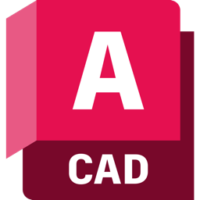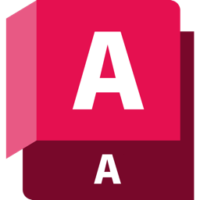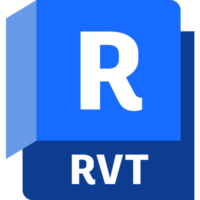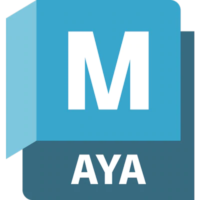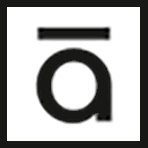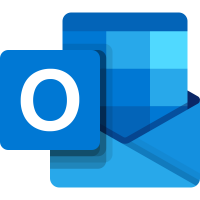Journalism training
2 days
In centre:
£please call
Live online:
£please call
Key details
Journalism training providing a thorough grounding in key principles, priorities and practices.
Whether you’re new to journalism or have been asked to carry out journalistic tasks as part of you’re role, you’ll find Journalism training invaluable. We’ll take you through all you need to know about journalism, including:
- Writing news stories and features.
- Techniques for writing press releases, conducting interviews and proof reading.
- The role of style and structure and how to improve it.
As well as developing and refining your journalistic talent, you’ll pick up a wide range of invaluable hints and tips.
Journalism training is arranged on-request, i.e. one-to-one training or a ‘closed course’ for your group. Your training can be tailored to take into account any existing knowledge you have, and the work you’re going to be doing.
In-class or online
This course is available in-class at eight centres or live online.
Expert trainer
Journalism courses are hosted by Robert Bullard, a seasoned journalist and instructor who has built up a rich knowledge base from years of exposure to the front line of journalism for both local and national newspapers.
Optional third day
We offer the option of extending this course to three days, allowing more time to focus on writing techniques key to effective journalism, including:
- Principles of effective writing
- The writing process
- Putting pen to paper
- Writing for different audiences
- Editing and proof reading
How will I learn?
Training combines lecture, demonstration and hands-on practice.
Exercises provide activity-based experience and help build delegates’ confidence writing effectively. These exercises can be tailored to deal with issues specific to your business.
You have ample opportunity to discuss specific requirements with the trainer.
Training guide and certificate
Course delegates receive:
- Comprehensive training materials, to refer to throughout the course, and to use as a refresher back in the work-place.
- An e-certificate confirming successful completion of a Journalism training course.
After course support
Following Journalism training, delegates are entitled to 30 days’ email support from their trainer to help with any post-course issues. For further details, see Support.
General information
Course times
Standard course times are 9.30am–4.30pm.
As we’d be hosting this as a ‘closed course’ for you/your group, there’s usually flexibility to change these times to suit you, e.g. start or end 30 minutes earlier or later.
Payment
Payment for journalism training can be made by:
- Bank transfer. Please call 01527 834783 for our bank details.
- Card. All major credit and debit cards accepted. Payment can be made securely online or over the phone. Card payments are processed by Stripe. Armada doesn’t record or store your card details.
Purchase orders
We accept purchase orders from UK-registered companies and public sector organisations.
Accommodation
See Accommodation local to our training centres.
Cancellations and postponements
If an on-request Journalism course booking is cancelled giving less than 20 working days’ notice, a cancellation fee is payable. View cancellation terms.
If an on-request Journalism course booking is postponed giving less than 20 working days’ notice, a postponement fee is payable. View postponement terms.
Terms and conditions
Expert trainer
Robert Bullard

Robert has over twenty five years’ experience in a varied range of writing roles including technical author, copywriter, feature writer and freelance journalist.
He has worked for several national newspapers and magazines including The Guardian, Daily Telegraph, Local Government Chronicle and Community Care, and has experience in the PR and media industries having ventured into national and regional radio, giving interviews and writing press releases.
Robert also carries out regular training course development work, and he delivers a variety of training courses in all aspects of writing for business.
He particularly enjoys relaying the knowledge he has acquired in his extensive and diverse career.
Course content
Two-day course syllabus
What is news and what role does it play in society?
News reporting
- The pros and cons of doing interviews on the phone, face-to-face and by e-mail
- Preparing for an interview, getting the most out of an interview, and dealing with difficult situations
- Tips for interviewing celebrities and reluctant interviewees
The art of interviewing
- How to write a good press release, one that will stand out and be noticed
- What to include and what to leave out, when to send it and when to follow up
- Examples of good and bad press releases and individual help with your organisation’s press coverage
Writing press releases
- How to write a press release that will stand out and be noticed
- Individual feedback on your own organisation’s work
Feature writing for your audience
- Learn about the different types of features.
- Lessons on how to structure your feature, and keep your reader interested
- Practical exercises in writing for different audiences
- Ideas for writing eye-catching introductions and memorable endings
Sub-editing and proofing
- How to edit your own work and tips when proofreading
- Some grammatical errors you should try and avoid
- The characteristics of good writing
- What makes a good headline and how to write them
Essential law for journalists
- An introduction to the main legal issues, with examples, and how they might affect you as a journalist:
– Defamation
– Copyright
– Contempt of court - The PCC’s Code of Conduct
Optional third day syllabus
Principles of effective writing
The writing process
- Before you start writing:
– Identify your audience
– Why you are writing it?
– What response do you want? - Readership profiles
- Doing your research and planning your work
- Some examples of really effective writing
Putting pen to paper
- Five essentials for effective writing
- Learn what makes a good writing style
- Guidelines on sentences, paragraphs and structure
- Different types of structure and things that help give structure to the reader
- Practise structuring your own work
Writing for different audiences
- The differences between feature articles and news stories
- Individual help with your organisation’s press coverage
- Essential things to remember when writing for the internet
Editing and proof reading
- What to look out for when editing your own work
- Tips for proofreading, so that you cut out mistakes
- Developing a house style
The writing process
- The ‘6P’ model for effective writing
Live online training
Live online training lets you participate in a course from your place of work or home.
We do everything possible to make your online training experience as close as possible to actually being in the classroom. You can:
- See and hear our trainer, and the other delegates participating in the course…
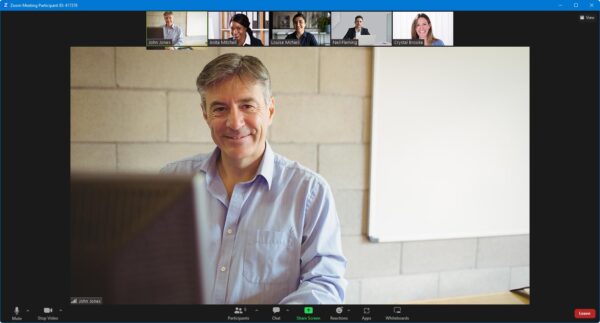
- Interact by speaking, using chat, or raising your ‘virtual hand’ if you need assistance.
- Share your screen with our trainer, and allow them to take control to explain something.
Like our in-class courses, online courses…
- Are presented by expert instructors.
- Give you plenty of opportunity to carry out assisted, practical exercises.
- Offer 30 days’ email support from your trainer.
All you need is an Internet-connected computer with a webcam and audio capability. We provide everything else…
- Links to download the files, resources, etc. you’ll use in your course.
- A training guide. For most courses, you can choose from a printed copy that we post to you, or a PDF.
In the week before your course, we’ll send you an email containing everything you need to prepare for and participate in the training. Then, a couple of days before your course, we’ll give you a courtesy call to make sure you have everything in place and answer any questions you may have.
Please note that we are not able to record scheduled online courses for privacy reasons.
When you attend live online training, you’re participating in a real course, hosted by a real trainer, in real time
Alexandra L


